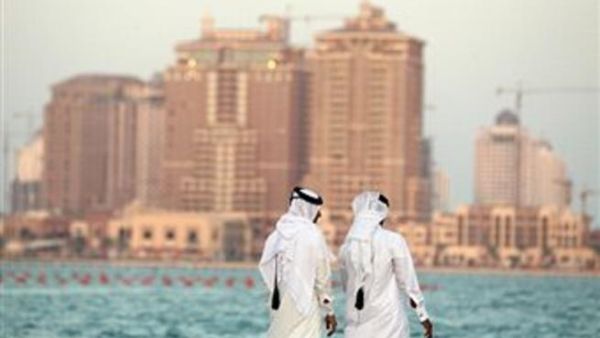Foreign direct investments (FDIs) in the GCC will continue to generate business opportunities despite current sluggishness, said a report by Global Investment House.
The UAE has always been amongst the top recipients of FDI in the region and amongst the best ranked in terms of ease of doing business and, accordingly, is well positioned to attract new business, which will have a positive impact on the real estate sector directly and indirectly.
The UAE economy grew by an average of 1.6 percent between 2008-2011 while Saudi registered GDP growth of 3.9pc and Kuwait 2.4pc while M2 growth averaged at 10pc during 2011.
Quarterly inflation in the UAE hovers between negative 0.5pc to a positive 2pc with the housing component strongly heading down reflecting the pressures on the sector between 2009 and 2011.
The UAE economy is still suffering from the detrimental spill of the financial crisis and the internal liquidity and debt maturity holdups. The real estate sector has acted as an added down-drag with property prices moving southbound and market activity is relatively muted. This pattern is expected to dig into 2012.
The UAE is better positioned to capture more tourist arrivals as opposed to Saudi and Kuwait. UAE investments in tourism and travel-related infrastructure have consistently outpaced its two regional peers over the past 10 years.
The percentage of tourism and travel capital investment to overall economy capital investment averaged 21pc for the UAE between 2007 and 2011 versus a regional average of 7.1pc and a low of 4.6pc for Saudi and 3.3pc for Kuwait.
Spending by leisure visitors as percentage of total tourist spending is the highest in the UAE while Saudi has the highest share of business spending.
In Abu Dhabi, prices are still declining as new supply enters the market. Emaar remains one of the agency's favourite regional picks in terms of real estate exposure offering a uniquely positioned portfolio of segmental and geographic operational coverage. Aldar disappointed again in 2011 despite the 642 million dirhams net profits that were mainly driven by infusions from the government of Abu Dhabi's new bailout package.
Sorouh's 2011 gross margin on property sales came in significantly below expectations reflecting the weakness in Abu Dhabi residential and office markets.








